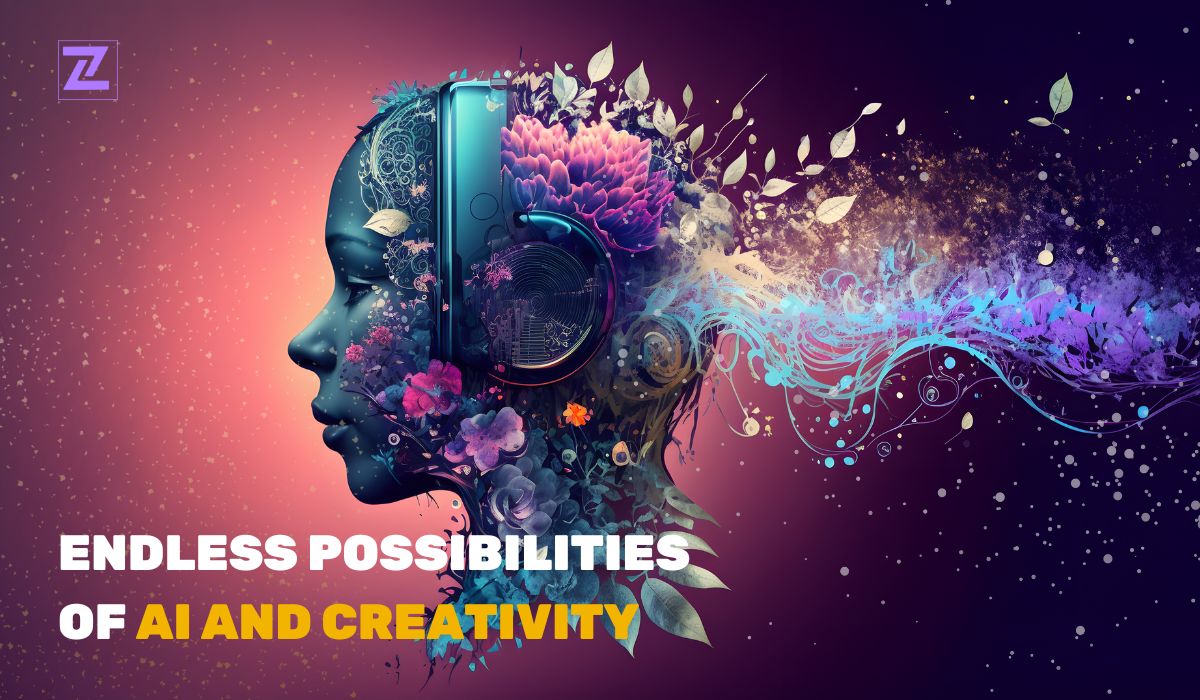
In the rapidly evolving world of technology, the advent of artificial intelligence (AI) and machine learning has ushered in a new era of transformative capabilities. These groundbreaking technologies, weaving their way into sectors like banking, healthcare, and transportation, represent the fusion of human intellect with computational prowess. AI, standing as the embodiment of human cognition within machines, grants them the ability to execute tasks traditionally reserved for the human mind, such as reasoning, sensing, and decision-making. Complementing this, machine learning enables computers to autonomously learn from experiences, adapting without explicit programming.
As AI and machine learning progress, a profound question arises: Can machines truly exhibit creativity, or is it an exclusively human trait? This intricate inquiry holds substantial implications for the future of AI, particularly within the creative industries. While machines can produce outputs perceived as creative, the essence of true creativity may still rest as a uniquely human attribute. This stems from the intrinsic nature of creativity and the roles that intentionality and consciousness play in the creative process.
AI, a realm encompassing programs that replicate human cognitive functions, has been showcased in various domains, from creative writing and visual art to music composition. For instance, the Artificial Intelligence Virtual Artist (AIVA) has gained recognition for its original classical music compositions, while the artwork "Portrait of Edmond de Belamy," crafted by the Paris-based art collective Obvious, stands as an AI-generated masterpiece.
Despite these accomplishments, AI-generated creative works have not been immune to criticism. Detractors argue that the absence of intention and emotion in the creative process, coupled with AI systems' limited understanding of cultural context and dependence on human input for training, are substantial drawbacks. Critics further posit that AI-generated works often lack the authenticity and originality inherent in genuine human creativity.
1. Influence on Creative Industries:
The advent of AI-generated creativity could potentially disrupt established creative sectors, introducing innovative approaches to content creation and consumption. Beyond cost and time savings, AI-generated content has the power to democratize creativity, making it more accessible to a broader audience.
2. Legal and Ethical Considerations:
The murky waters of ownership and copyright for AI-created work necessitate legal clarification. Ethical concerns also emerge, as AI-generated content may replicate existing works or perpetuate biases and stereotypes.
3. Future Prospects:
As AI-generated creativity continues to evolve, anticipation grows for increasing sophistication and autonomy. This evolution could pave the way for unprecedented forms of artistic expression, ushering in a collaborative era where human and machine creativity harmoniously intertwine.
While machines may not yet grasp the full spectrum of human creativity, their potential to contribute to and transform the creative process remains undeniable. As we embark on this exhilarating journey, addressing legal and ethical considerations becomes paramount to ensure a future where human and machine creativity coexist and flourish in a harmonious union. The intersection of AI and creativity unveils a realm of endless possibilities, where the dance between human ingenuity and machine innovation creates a symphony of artistic brilliance.